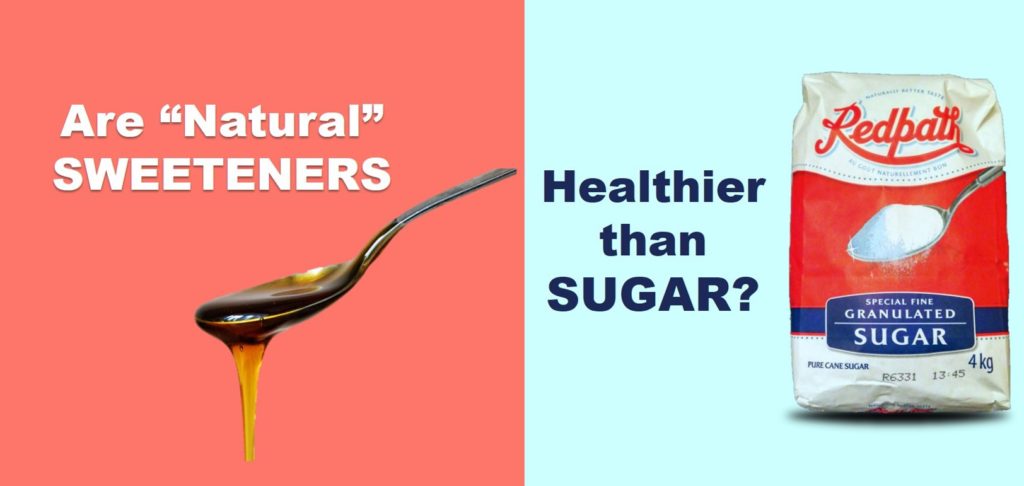What Is Buttered/Bulletproof Coffee?
Buttered coffee is a breakfast of butter and/or MCT oil blended into coffee. The standard recipe is as follows:
- 2 cups coffee (Upgraded™ coffee)
- 2 tbsp. butter (unsalted grass fed)
- 2 tbsp. MCT oil (a mixture of coconut and palm-kernel oils)
Bulletproof® coffee was invented by entrepreneur, blogger, and paleo proponent Dave Asprey, whose recipe is listed above (Asprey sells the Upgraded™ coffee and claims that you won’t get the same “bulletproof” effects if you don’t use his coffee).
I’ve written more about Dave Asprey entrepreneurial pseudoscience here.
Many people simply add butter to their coffee.
The Claims
The long list of supposed benefits to a breakfast of buttered coffee include the following: helps burn fat, provides lasting energy, improves focus, helps gain muscle, increases mental acuity, helps digestion, improves heart health; being an overall better human (I’m not joking).
The Evidence for Buttered Coffee
Personal stories and anecdotes are the basis for the benefits of buttered coffee. No studies have examined the trend, but here is relevant research that can help evaluate the claims:
Saturated Fat
As I explained in my post on coconut oil, years of research have associated saturated fat with heart disease, some cancers, and diabetes. But recent studies suggest that some types of saturated fats, such as “medium chain triglycerides” (MCTs) may not be as harmful to the heart as once thought. However, the evidence isn’t solid, and MCT’s influence on heart disease remains unclear. Much of the research is animal studies and small short-term studies in humans. We need more research, and keep in mind that just because something is not as bad as once thought doesn’t mean it’s good for us, especially in copious amounts.
What happens when saturated fat is ingested in large quantities? Here are a few recent reports:
- One case report showed that bulletproof coffee promoted hyperlipidemia in a healthy active patient.
- How a high saturated fat intake might affect body composition. A recent double-blinded study in the journal Diabetes showed that a calorie surplus from saturated fat causes the body to store fat in a way that increases a person’s risk of developing type 2 diabetes. At the end of the 7-week study, participants who overate saturated fat gained four times as much fat as lean tissue compared to participants who overate polyunsaturated fat-PUFA: also, the saturated-fat eaters had more fat stored in the liver and around the intestines (increases risk for metabolic syndrome), and a lower insulin response. Also, the saturated fat group gained four times as much fat as lean tissue, while the PUFA group gained equal amounts of fat and lean tissue. (The journal editors provide a brief review/summary of the study here).
- Although research on saturated fat is evolving, it’s important to keep in mind that a large body of literature links saturated fat intake to increased risk of heart disease, some cancers and other health problems (including reduced semen quality)
Until more is known, experts recommend limiting saturated fat intake and focusing on a diet rich in vegetables and fruits, that limits processed foods and contains healthy poly and monounsaturated fats, which have proven health benefits. Obtaining fat from foods, especially from plant sources (like nuts, seeds, avocados) and small fish is your best bet. These whole foods also contain other health-promoting compounds.
Coffee
 Coffee is a well-studied beverage, and more and more research shows many health benefits to drinking coffee, including enhancing memory, and lowering your risk of type 2 diabetes, stroke, liver cancer, dementia and Alzheimer’s disease, Parkinson’s disease.
Coffee is a well-studied beverage, and more and more research shows many health benefits to drinking coffee, including enhancing memory, and lowering your risk of type 2 diabetes, stroke, liver cancer, dementia and Alzheimer’s disease, Parkinson’s disease.
Do you need Upgraded™ coffee? Asprey recommends his Upgraded™ (“low-mycotoxin) coffee. Mycotoxins are a form of mold found on coffee beans and in greater amounts on many other foods (e.g., raisins, peanuts, beer, wine, pork, corn, sweet potatoes): most mycotoxins on coffee beans are destroyed by roasting, and there is no evidence that low levels are harmful to health.
Buttered Coffee is a Low-Nutrient High-Calorie Breakfast
The buttered coffee combination typically provides about 460 calories and about 47 g fat (mostly saturated), taking the place of protein, healthy fats, carbohydrates, fiber, and vitamins and minerals that are essential for good health. We know that protein distribution is important for muscle growth and repair, and a no protein breakfast might weaken your muscles in the long run, not to mention leave you lacking other important nutrients.
 It is doubtful that you could make up for this loss of important nutrients at other meals. And if your total calories increase because of this low nutrient butter breakfast, you are risking weight gain.
It is doubtful that you could make up for this loss of important nutrients at other meals. And if your total calories increase because of this low nutrient butter breakfast, you are risking weight gain.
You can do MUCH better things for your health with those 460 calories in the morning (try this recipe, which you can enjoy with a butter-free coffee and 100 calories to spare).
Bulletproof Coffee: Bottom Line
There is no good evidence that a breakfast of coffee with large quantities of saturated fat (butter and oil) delivers any of the laundry list of benefits beyond potential short-term cognitive benefits of coffee. In fact, the available evidence suggests that buttered coffee could actually be harmful to your health.
You might also be interested in Nutrition Experts You Shouldn’t Trust.
Healthy or Hype Series
- Almond Milk
- Agave Syrup
- Buttered/Bulletproof Coffee
- Veggie Chips
- Chocolate Milk for Recovery
- Coconut Oil
- Protein Powder
- Natural Sweeteners
- Turmeric
Reviewed and updated July 11, 2014
Share This:



